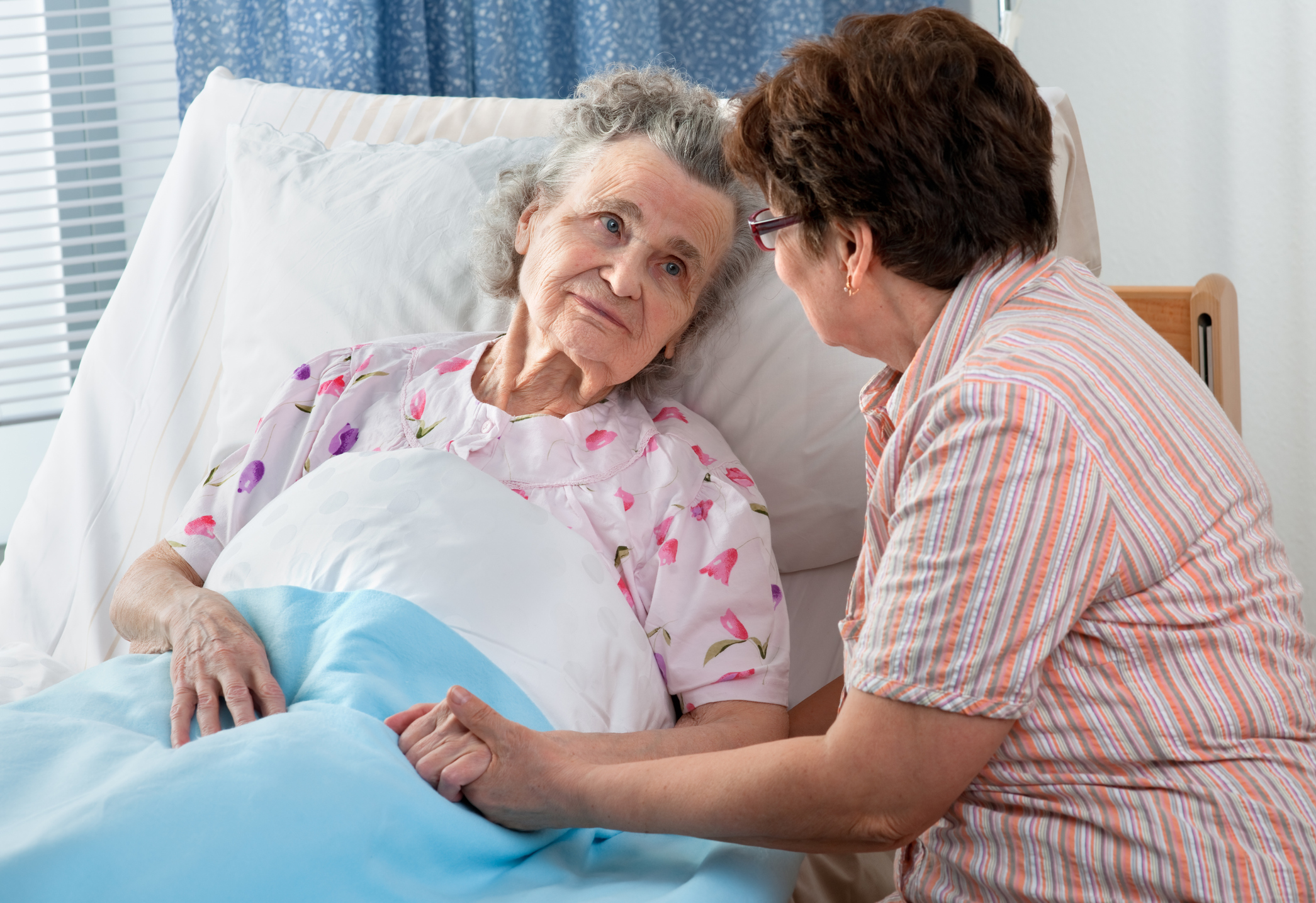Informal and family caregivers helping to meet the needs of the elderly, ill or disabled loved ones are essential in our society. But too many caregivers are facing financial and emotional challenges that leave them struggling to make ends meet, feeling isolated and frequently suffering poor health or depression themselves.
According to a recent CBC News report, the results of an Ontario survey of 800 caregivers, over the age of 16, showed that many were ill-prepared for their roles and the demands made a significant impact on their careers, finances, relationships and both physical and mental health. Most family caregivers receive little or no training for their role, which is often thrust upon them without warning. Many reported that they feel support from the health care system is lacking.
The study, conducted through an online survey, found that 36 percent of caregivers felt depressed in their role and many more reported feeling frustrated, overwhelmed, helpless and trapped. Family caregivers are often not given a choice whether to provide care for loved-ones due to circumstances beyond their control. The role leaves little time for self-care, travel or a social life and without respite, caregivers often suffer burnout.
Despite wanting to help care for family members who are unable to care for themselves, loved ones also need help from social service programs and can benefit from support groups. The Change Foundation survey highlights the need for better education about support and help for families to access services through the health care system and in the community.
November marks National Family Caregivers Month, a time to remind the nearly 15 million Americans who provide unpaid care to an older adult that it’s important to make themselves a priority as well. To help prevent health problem, caregivers need to make time to spend with friends, take breaks each day, ask for help when needed and enjoy a hobby. Joining a support group, whether online or in person, can also help caregivers feel more supported and understood.
Learn more about how to become an effective caregiver while also taking care of yourself by following this link to the National Institute on Aging website.






Add Your Voice
0 Comments
Join the Discussion